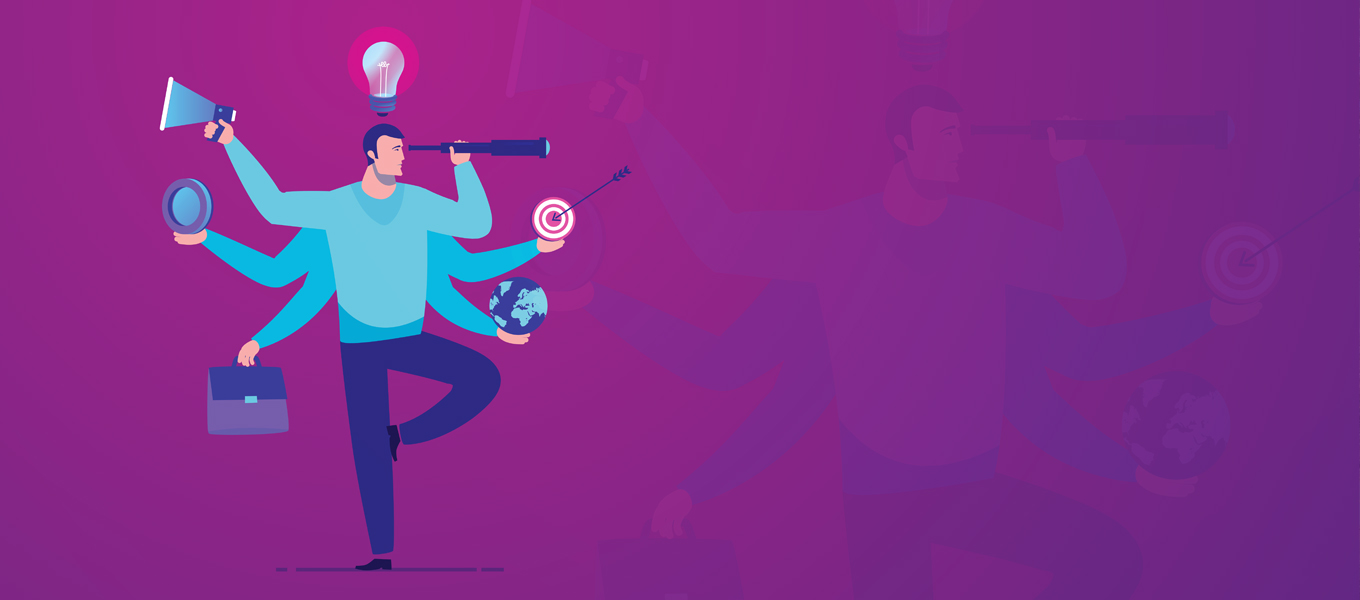
By Cynthia Corzo
Multitasking has long been defined as a stressor that reduces performance and should be avoided, but a new FIU Business study shows that having your brain juggle multiple tasks can fuel creativity in subsequent work-related assignments.
"When multitasking, you're stimulating multiple parts of the brain and it activates more resources, including energy, to meet those increased demands," said Chaitali Kapadia, assistant professor of global leadership and management at FIU Business and one of the researchers.
That leftover energy doesn't have an immediate effect on the task at hand, she said, but as it dissipates slowly, it triggers a chain reaction that allows the brain to generate more original, creative ideas on a subsequent task.
The general messaging for managers has been that employees shouldn't multitask because it hurts productivity. However, the perception that what employees do and how they do it can have a positive influence is now broadening, Kapadia explained.
"You can choose certain times of the day to multitask to increase performance on certain projects," said Kapadia.
Kapadia conducted the research with Shimul Melwani of the University of North Carolina at Chapel Hill.
"WHEN MULTITASKING, YOU'RE STIMULATING MULTIPLE PARTS OF THE BRAIN AND IT ACTIVATES MORE RESOURCES, INCLUDING ENERGY, TO MEET THOSE INCREASED DEMANDS."
Chaitali Kapadia
Published online in the Journal of Applied Psychology, the research was based on four experiments: